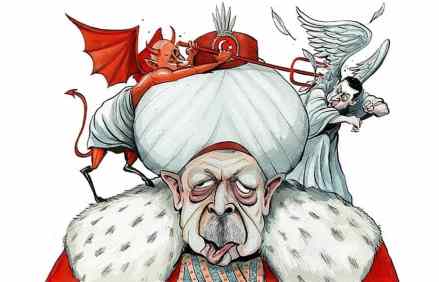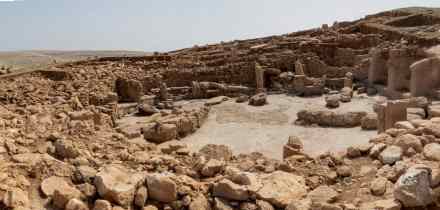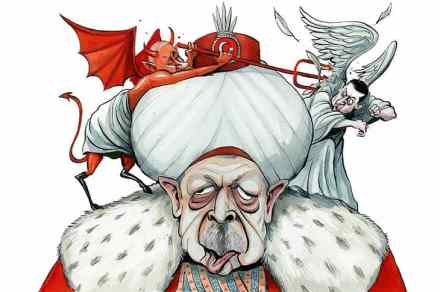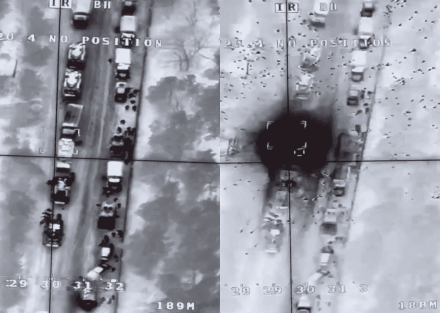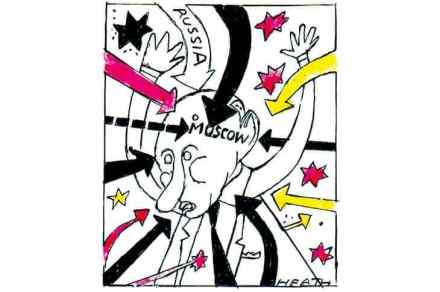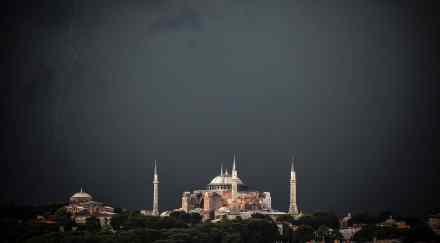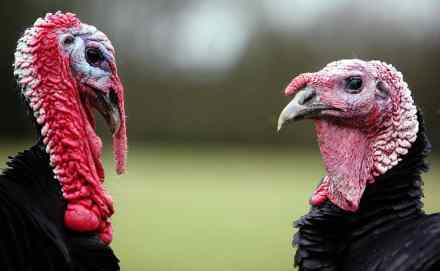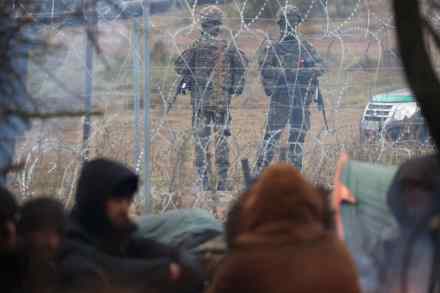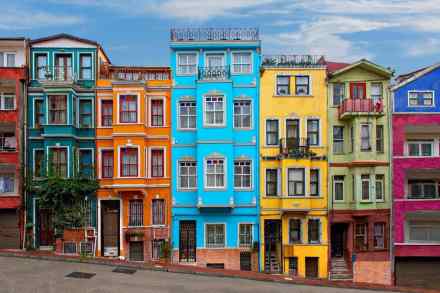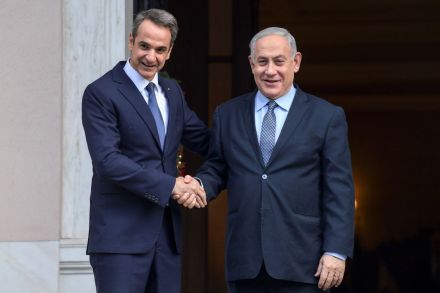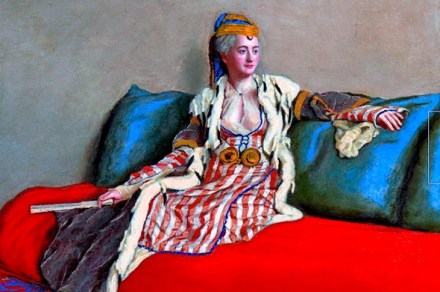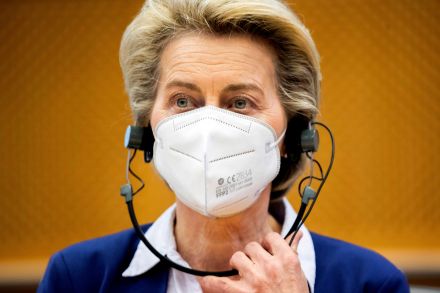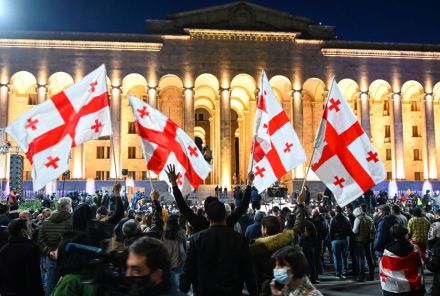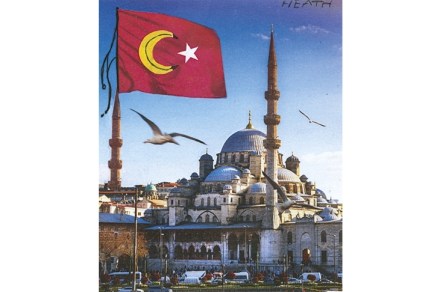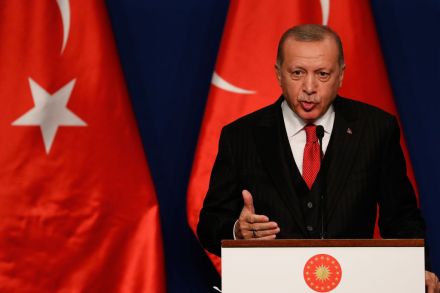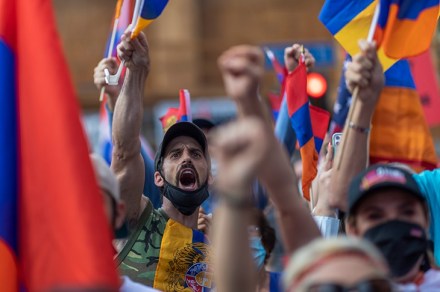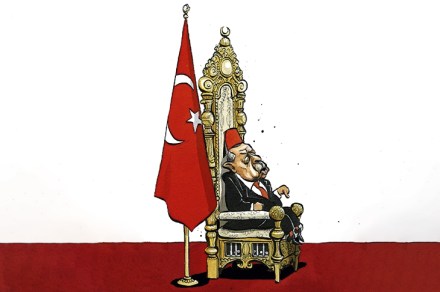How to have the archaeological adventure of a lifetime
Anyone with even a passing interest in history and archaeology has surely, at some point, asked themselves: what would it be like, to be an eye-witness to a world-shaking discovery? To walk down the Valley of the Kings, even as Howard Carter opened Tutankhamun’s Tomb. Or to visit Sutton Hoo in the week they unearthed the first glittering Anglo-Saxon treasures. Maybe you’d like to have been among the first to see marvellous walls of Troy as the great German archaeologist Heinrich Schliemann lifted away the veil of thirty centuries. Well, remarkably, you can do something like this today, by visiting the so-called Tas Tepeler (‘the stone hills’) in eastern Turkey.



